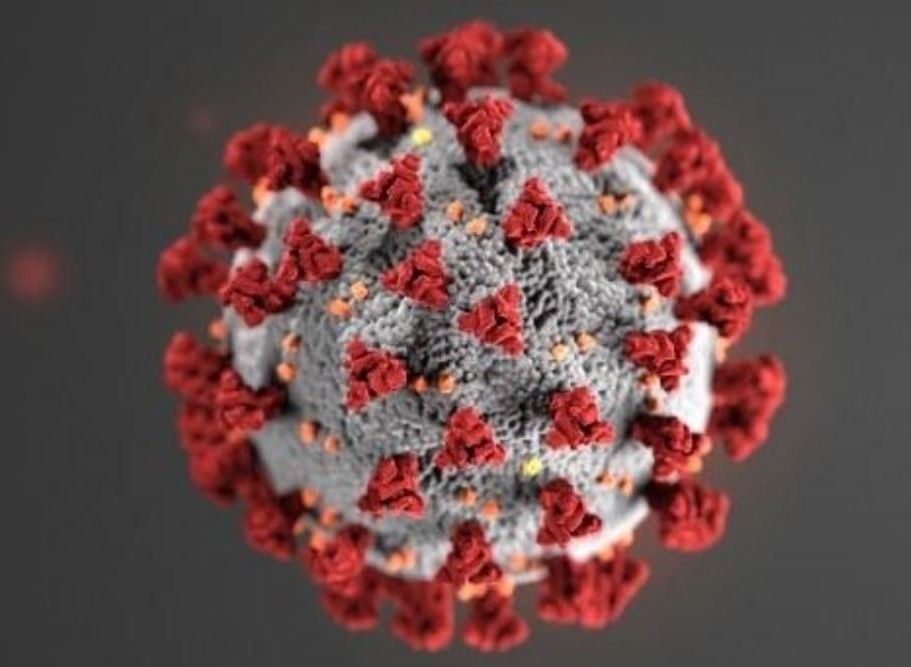New Report by Adalah: The Israeli Supreme Court and the COVID-19 Emergency
On 18 August 2021, Adalah published “The Israeli Supreme Court and the COVID-19 Emergency”, a comprehensive report that analyzes Court decisions in 88 cases brought during the first wave of the crisis. The report provides essential background and analysis for lawyers, jurists and decision-makers working globally. It holds particular pertinence for those interested in COVID-19, human rights, rule of law and the balance of power between the executive branch, legislature and judiciary during a public health emergency. The report is especially timely given the current resurgence of the virus and possible reinstitution by governments of myriad restrictions on our daily lives and freedoms.
From the outset of the coronavirus outbreak, and in response to perceived dangers that it posed, the Israeli government decreed, and justified with relative ease, emergency regulations and exceptional measures touching on all aspects of life. In issuing 39 emergency regulations, many of which resulted in serious violations of human rights, especially for Palestinians, the government relied on the pre-existing, security-based, “state of emergency”, which has remained in place since 1948.
The current Adalah report analyses the different and newly, emergent legal questions brought before the Supreme Court, and how the Court dealt with these issues. It also examines the extent of the Supreme Court intervention in response to petitioners who sought relief from the Court in challenges to the government’s issuance of emergency regulations during the first wave of the COVID-19 outbreak in Israel. While the report explores the Court's decision-making during a health emergency, it also shows the Court’s failure to protect human rights. In the period between January to August 2020, Palestinian citizens of Israel (PCI), Palestinians in the OPT, and other vulnerable groups, submitted numerous petitions to the Supreme Court in response to heightened violations of their human rights, including in the realms of health, education, employment and economic rights, and more. Adalah stands among the leading human rights organizations in Israel that have challenged the government’s exercise of sweeping powers, including with respect to the government’s issuance of COVID-19 emergency regulations.
The report shows an overall unwillingness by the Supreme Court to intervene to protect human rights and prohibit governmental rulemaking undertaken without parliamentary (Knesset) oversight. The Court rejected or dismissed almost all of the 88 petitions filed before it, used a variety of avoidance strategies, very rarely issued an order nisi (order to show cause), and ordered only one temporary injunction.















